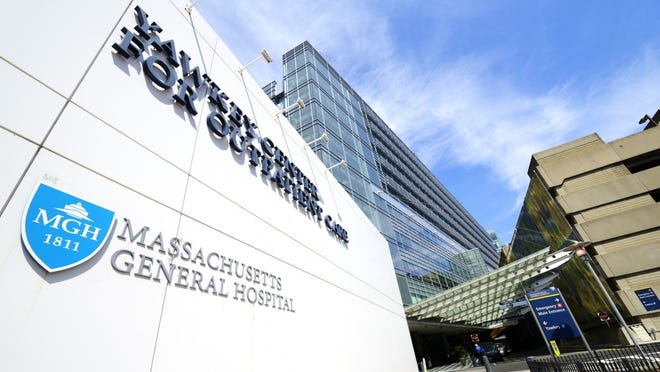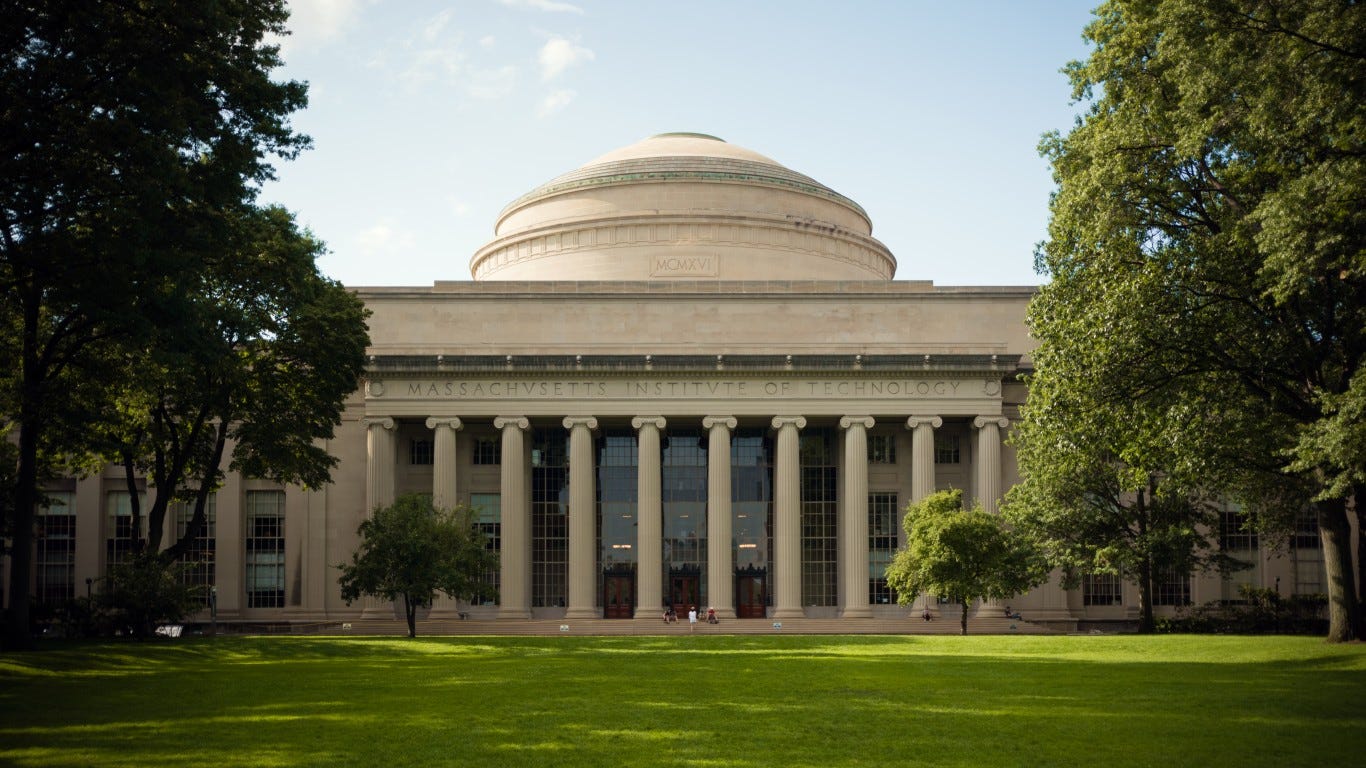“It’s interesting to see all these companies like Amazon and Microsoft and Google taking big leases in Boston because they want to get access to the talent,” Fitzgerald said, “but they’re going to have the same problem.”
Other changes came into play last year.
The overall number of processed petitions fell in 2020 when compared to the year before, per USCIS, and the total number of petitioning employers decreased as well, with 2,815 employers filing applications in Massachusetts in 2019, compared to 2,380 in 2020.
What remains consistent are the two industries at the two ends of the spectrum: health and research continued to have a high ratio between approval and denial numbers, and employers like the Massachusetts Institute of Technology and Massachusetts General Hospital received minimal denials.
Similarly, consulting and finance firms like Deloitte and BCG topped the denials in 2020.
Many health care employers, for the most part, were able to find comfort through exceptions like the separate requirements for nonprofits and the National Interest Exemption (NIE).
National Interest Exemptions
NIEs were essentially an exemption from the travel ban, Fitzgerald said, that allowed two types of people to visit the country: those directly working to support infrastructure, and those directly working to combat COVID.
“Anybody working within a hospital environment would be, should be, per se, eligible for a National Interest Exemption,” Fitzgerald said, “and then companies like Wayfair and Amazon that are involved in infrastructure, involved in keeping the wheels of the economy moving, would also have a pretty good shot.”
As for the other exemption, nonprofit institutions, universities, and university affiliates are not subject to the H-1B cap and do not have to participate in the lottery system. In 2020, Harvard and MIT were among the top employers with the highest approvals, and both had zero initial denials.
Gail Robinson, immigration manager at Boston Children’s Hospital, wrote in an email that they are not limited in the number of H-1B petitions they are able to sponsor and thus can file at any time throughout the year.
Boston Children’s primarily sponsors researchers, per Robinson, followed by physicians, health care workers, and IT specialists.
Likewise, Mass General Brigham’s sponsored employees “primarily consist of health care providers and researchers with specialized skills,” according to a statement from media relations manager Mark Murphy.
Many health care workers are licensed, Swapp said, in that they have very specific academic preparation that’s required.
“Therefore, it was less susceptible to challenge by the government,” Swapp said, “and frankly, many of them [are] nonprofits, so the government had other industries to target, and they spent their time focused on the private sector.”
With that being said, COVID still raised some challenges and has made the overall visa sponsorship process “longer and more difficult,” according to Robinson.
COVID-19:Pandemic puts squeeze on Cape’s workforce housing
“We have not seen a higher demand for international physicians; however we have seen a higher demand for researchers and IT specialists,” Robinson wrote. “The COVID-19 pandemic has caused significant delays in getting international physicians to the U.S. and starting work.”

BCH had only one denial each year in 2019 and 2020, though those cases were denied for other eligibility reasons.
“I believe the denials are for cases where the H-1B beneficiary was approved for U.S. permanent residency,” Robinson wrote, “while the H-1B petition was pending, which led USCIS to deny the H-1B as the beneficiary was no longer eligible.”
Earlier this year, the Biden administration allowed Trump’s H-1B travel ban to expire, loosening restrictions slightly.
However, Fitzgerald pointed out that several weeks ago, the Biden administration defended a Trump-era use of an immigrant expulsion order in court, a move that concerned many immigration lawyers, he said.
“If you look at the Biden immigration platform … there’s no mention of business immigration until [lower] on the list,” Fitzgerald said.
With two more months left of 2021, USCIS has yet to release this year’s data. However, with the petitioning deadline in April and lottery process over the summer, Swapp said applications this year increased by over 50% compared to last year.
This means that obtaining a H-1B visa will only get harder as competition increases.
Hiring recent college grads
Swapp sees an “overall math problem” between the insufficient number of people to meet the demand for corporate America, particularly in the STEM disciplines. American companies are struggling to hire recent graduates because a majority of students in U.S. STEM programs are foreign nationals.
“As a result, U.S. companies are essentially forced to sponsor workers,” Swapp said, “because they’re struggling to find that talent.”
Supply chain shortages have occupied America and accompanying that is the huge shortage of workers on both the high and low skill ends. This includes the lack of foreign service workers in overseas embassies, which are currently experiencing long processing times as a result, Fitzgerald said.
Supply chain issues:What are they and how will shortages impact the holiday shopping season?
“We got a similar situation where we’re short workers, these companies are desperate, but it becomes a political issue,” Fitzgerald said, “because now they say, ‘Wait a minute, are there plenty of U.S. workers who can do this work?’”
The next big issue that is going to arise before March, Fitzgerald said, is regarding the salary ratio, or “prevailing wage,” another lingering effect of the Trump administration. Under this rule, foreign employees must be paid 40% more than a U.S. worker that is doing the same job, Fitzgerald said.
“It’s nonsense,” Fitzgerald said.
The tension then, is between the lack of U.S. talent in various STEM disciplines, the limited number of H-1B visas available, and the ever-increasing employment petitions from foreign nationals.
Neither Swapp nor Fitzgerald see the 85,000 H-1B cap increasing anytime soon.
“We have a chance to own the next Industrial Revolution,” Swapp said. “If we don’t allow that talent into the United States to ideate new technologies with U.S. companies, then those companies will go where that talent is.”




Leave a Reply